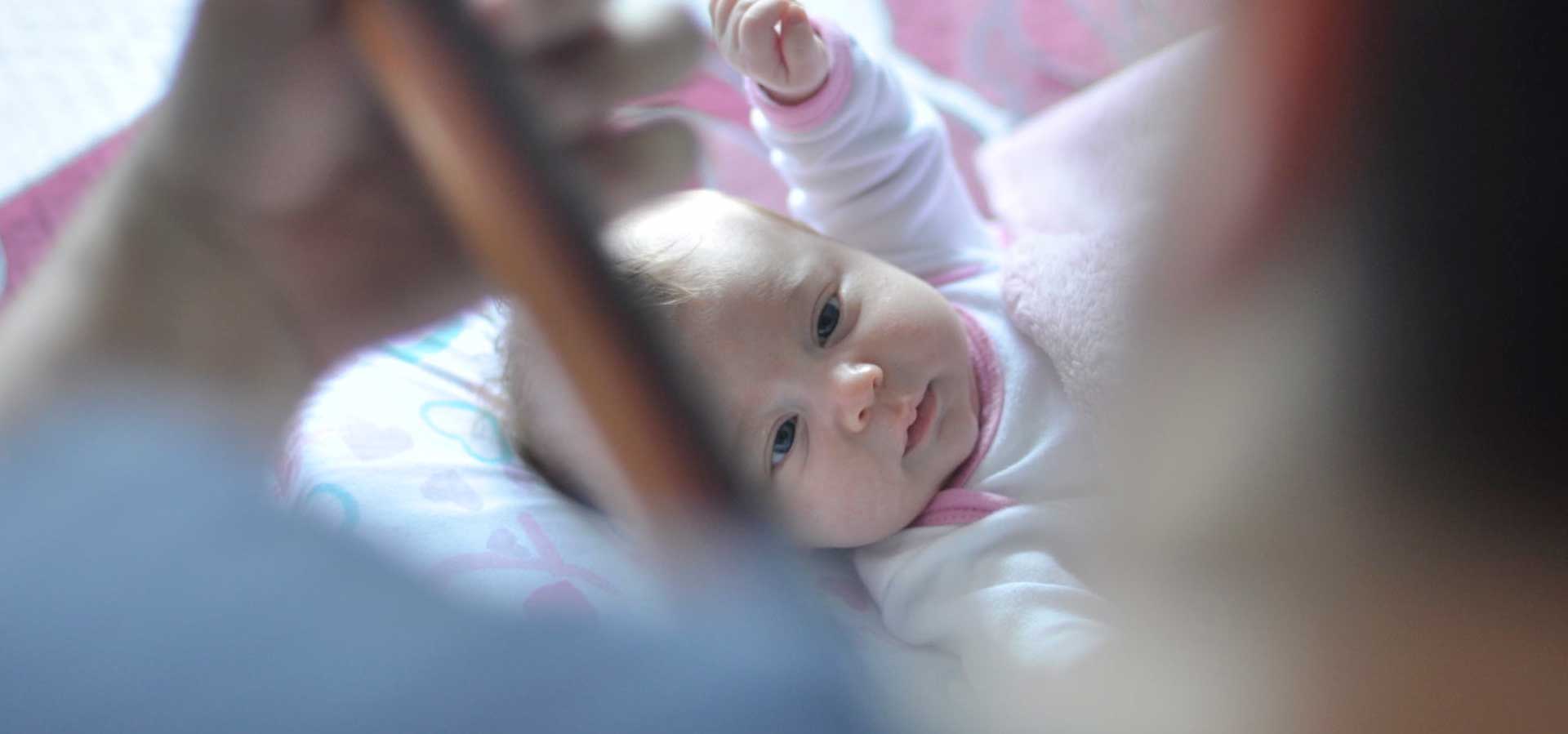|
Abhisarika |
Sexuality Resource.. |
|
|
|
Home | About Us | Articles | Ask Question | Publications | Sex Q & A | TELUGU |
|
|
POLYCYSTIC OVARIAN
SYNDROME (PCOS)
What is
Polycystic ovarian Disease?
How is PCOS treated? PCOS is is not completely treatable. Therefore it is managed. The various treatments available are aimed at individual factors involved in PCOS and depend to some extent on the patient’s needs. Some patients are primarily concerned with fertility, while others are more concerned about menstrual cycle regulation, hirsutism, or acne. Whatever the primary goal of the patient, PCOS needs treatment because of the long-term health risks it poses. Some of the available treatments and management methods comprise: Lifestyle modification. Women with PCOS who have impaired glucose tolerance should change their lifestyle to include a comprehensive program of diet and exercise to reduce the risk of developing diabetes. Obese women with PCOS can benefit from low-calorie diet. The diet recommended in diabetes type 2 is the diet for PCOS patients too. This means the diet should consist of increased dietary fiber, increased omega-3 and -9 fatty acids; decreased trans- and saturated fats and refined carbohydrates, limiting processed foods and foods with added sugars. Women with abnormal lipid profile need to take a diet low in cholesterol and saturated fats, and increase physical activity. A daily 500-1000 calorie deficit with 150 minutes of exercise per week can cause ovulation.
Benefits: This helps to lower blood glucose (sugar) levels,
improve the body's use of insulin, and normalize hormone levels in the
body, and reduce cardiovascular risk factors. It has been shown that in
patients with polycystic ovarian syndrome (PCOS) who are obese,
endocrine-metabolic parameters markedly improve after 4-12 weeks of
dietary restriction. Their androgen levels fall by 2-fold. Serum insulin
levels also decrease. Even a 10 percent loss in body weight can restore
a normal period and make the menstrual cycle more regular, with a
reduction of hirsutism. For those women with PCOS who want to conceive. Clomiphene citrate (CC) is the first line therapy. Metformin is added if CC alone does not result in ovulation. The combination may help women with PCOS ovulate on lower doses of medication. Though clomiphene is a useful drug for many women with infertility problems, it is not always suitable for those with PCOD as it can cause an exaggerated rise in blood levels of LH, which could impede fertilization or increase the chances of miscarriage. So, if clomiphene has not been successful in women with PCOD within 6 months, more investigation and alternative treatments are usually called for. Gonadotropins (injectible fertility medicines) are used to induce ovulation if the simpler medications fail, but they are more expensive and raise the risk of multiple births and side effects compared to clomiphene. Surgery. Surgical management of PCOS is aimed mainly at restoring ovulation. Till a couple of decades ago, removal of a wedge shaped segment from the ovaries was the choice treatment for PCOS. Ovarian wedge resection has fallen out of favor because of postoperative adhesion formation and the introduction of ovulation-inducing medications. Newer laparoscopic methods, including electrocautery and laser drilling have been used to destroy small portions of the ovary. This procedure also carries a risk of developing scar tissue on the ovary (although less common than with wedge resection) and ovarian atrophy. This surgery can lower male hormone levels and help with ovulation. But, these effects may only last a few months. Treatment for increased hair growth or extra male hormones: Medicines called anti-androgens may reduce hair growth and clear acne. Spironolactone, first used to treat high blood pressure, has been shown to reduce the impact of male hormones on hair growth in women. Finasteride, a medicine taken by men for hair loss, has the same effect. Anti-androgens are often combined with birth control pills. These medications should not be taken by those who are trying to become pregnant. The other options for cosmetically improving hirsutism include electrolysis or laser hair removal.
|
|
Rights: Abhisarika, India |
